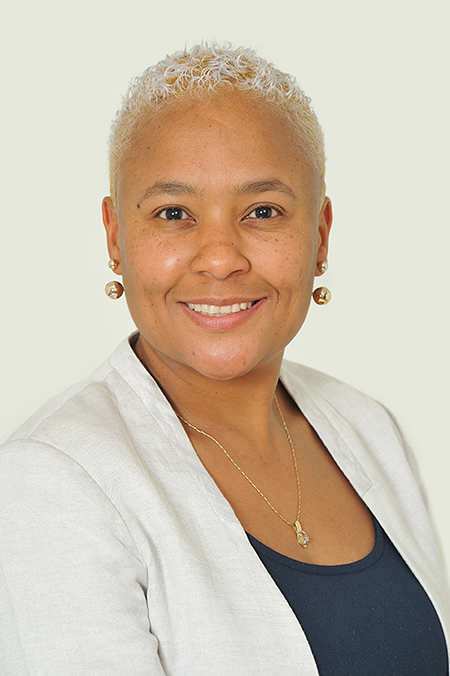Phenyo Mokgothu
Deaths from Tuberculosis (TB) have increased globally for the first time in over a decade. This is according to the World Health Organisation’s Global TB Report that was released in October 2021. The increase in deaths is due to “reduced access to TB diagnosis and treatment in the face of the Covid-19 pandemic”, the report found.
The situation is no different in South Africa. In December, Health Minister Joe Phaahla confirmed that Covid-19 had side-lined the fight against TB, as well as HIV and Aids.
North-West University (NWU) academic in the subject group Biochemistry, Dr Aurelia Williams, says prior to Covid-19 South Africa was doing well in terms of getting TB-related messages out to the public.
“In fact, the global plan to reduce TB incidence and mortality by 80 and 90% respectively – as per the 2020 ‘End TB Strategy’ – was in sight. Unfortunately, Covid-19 set this progress back by years.”
She says public awareness of TB needs to be renewed to get the TB programme going again.
“It is important to identify and address the key factors which led to the lapse of TB programmes.
“During the height of the Covid-19 pandemic, stigma and fear fuelled misinformation which led to a distrust in the healthcare system. Rebuilding trust in the health care systems and a multidisciplinary approach aimed at TB disease diagnosis, prevention, treatment, and monitoring should be implemented with evidenced-based approaches, epidemiologic modelling, and socio-economic standing considered,” adds Dr Williams.
She says this multidisciplinary approach should include all relevant stakeholders and role players, for instance healthcare practitioners, government, the private sector, media, influencers and community workers.
“Platforms should include active on-site campaigning as before, the effective use of digital platforms, using various testing technologies to monitor treatment response and/or adherence, and making hotlines freely accessible and integrated with applications such as WhatsApp.”
“When campaigning, emphasis should be placed on consistent messaging. “At the centre of the multidisciplinary approach should be health literacy and the identification of health misinformation and its effects, to create awareness and empower individuals to make informed behavioural and healthcare decisions. Health literacy programmes should also be included in school and university curricula,” she adds.
“There should be outreach to local communities, and community and health care workers should communicate clearly and in a culturally relevant context. This will ensure that individuals are well informed, and that future pandemics do not keep them from accessing basic health services.
Such programmes require funding which – if placed in the hands of ethical, credible, and well-informed individuals and organisations – should enable sustainable TB healthcare,” concludes Dr Williams.

Dr Aurelia Williams
